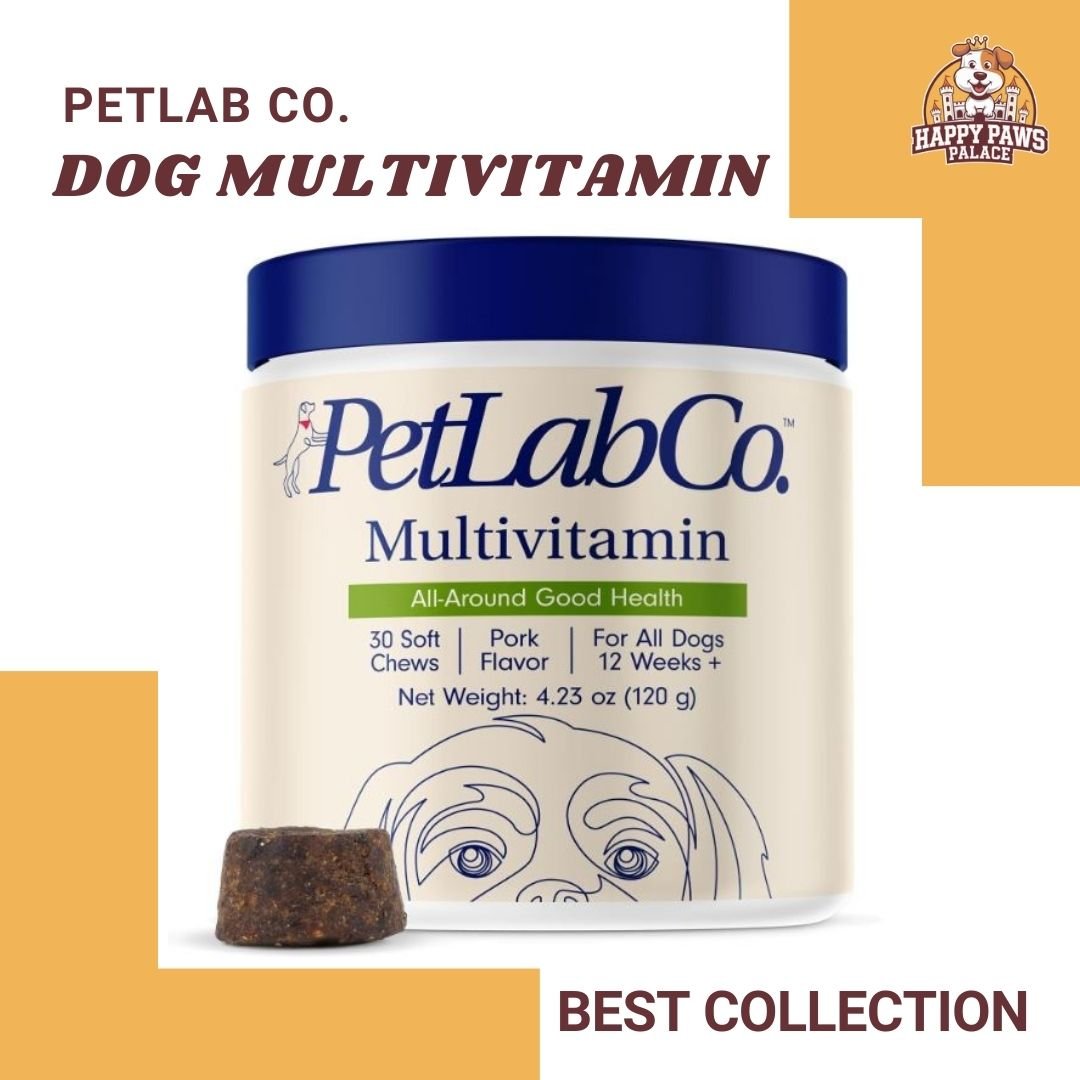Table of Contents
Introduction
What is Cerenia for Dogs?
Cerenia for dogs is a prescription medication designed to combat nausea and vomiting in canines. Whether your dog is prone to car sickness, dealing with digestive issues, or undergoing chemotherapy, Cerenia offers reliable relief. Its active ingredient, maropitant citrate, works by blocking the neurokinin-1 (NK1) receptor in the brain, which is responsible for triggering nausea and vomiting. This targeted action makes it an effective option for both acute and chronic conditions.
Why is Cerenia Prescribed?
Veterinarians prescribe Cerenia for a variety of reasons, including motion sickness prevention and treatment of nausea caused by illnesses or medications. Its versatility and fast-acting nature make it a staple in veterinary care. Whether it’s a one-time solution for a long road trip or part of a comprehensive treatment plan for a chronic condition, Cerenia is trusted by pet owners worldwide.

Understanding Vomiting and Nausea in Dogs
Causes of Nausea in Dogs
Nausea in dogs can stem from numerous sources. Common culprits include dietary indiscretion (eating spoiled food or non-food items), infections, gastrointestinal blockages, and stress. Additionally, certain medications, kidney disease, or pancreatitis may also lead to nausea. Motion sickness is another frequent cause, especially in young dogs whose inner ear structures are not fully developed. Understanding the underlying cause is essential for effective treatment and management.
Impact of Chronic Vomiting on a Dog’s Health
Vomiting is not only uncomfortable for your dog but can also lead to serious health concerns if left untreated. Repeated episodes can result in dehydration, electrolyte imbalances, and weight loss. Over time, chronic vomiting can strain your dog’s digestive system, weaken its immune system, and reduce its quality of life. Timely intervention with treatments like Cerenia can prevent these complications and restore your dog’s overall well-being.



Cerenia for Dogs: An Overview
What is Cerenia Made Of?
The active ingredient in Cerenia, maropitant citrate, is a neurokinin-1 (NK1) receptor antagonist. This compound is highly effective at suppressing the vomiting reflex by blocking signals in the brain. Unlike over-the-counter remedies, Cerenia’s formulation is specifically tailored for dogs, ensuring safety and efficacy when administered correctly.
FDA Approval and Safety
Cerenia is the first FDA-approved medication specifically designed to prevent and treat nausea and vomiting in dogs. Extensive clinical trials have demonstrated its safety and effectiveness. When used as directed by a veterinarian, Cerenia is considered safe for most dogs, including those with pre-existing conditions, though individual responses may vary.
Benefits of Using Cerenia for Dogs
Preventing Motion Sickness
Motion sickness affects many dogs, making car rides a stressful experience for both pets and their owners. Symptoms often include excessive drooling, panting, whining, or vomiting. Cerenia works by addressing the root cause of nausea, allowing your dog to enjoy car rides without discomfort. Administering Cerenia a few hours before travel ensures a smooth and pleasant journey for your furry friend.
Alleviating Chronic Vomiting
Chronic vomiting caused by gastrointestinal disorders, kidney disease, or other illnesses can severely impact your dog’s quality of life. Cerenia provides consistent relief, enabling your pet to maintain a healthy appetite and receive the nutrients they need. It’s particularly useful for dogs undergoing chemotherapy, as it helps them cope with treatment-related nausea.
Reducing Pain in Some Conditions
Recent studies suggest that Cerenia may also have anti-inflammatory properties, which could help reduce pain in conditions like pancreatitis or inflammatory bowel disease. While not its primary use, this additional benefit makes Cerenia a versatile option for improving your dog’s overall comfort.
How to Administer Cerenia
Dosage Guidelines
Cerenia dosage is determined based on your dog’s weight and the specific condition being treated. For motion sickness, tablets are usually given once daily, 2 hours before travel. For chronic vomiting, the injectable form may be administered by a veterinarian, followed by oral tablets for ongoing management. Always follow your vet’s instructions to ensure safe and effective use.
Different Forms of Cerenia: Tablets vs. Injections
Cerenia is available in two forms: tablets and injections. Tablets are convenient for at-home use and are suitable for motion sickness or mild nausea. Injections, on the other hand, are typically used in clinical settings for immediate relief of severe vomiting. Your veterinarian will determine the best option based on your dog’s needs.
Potential Side Effects
Common Side Effects
Cerenia for dogs is generally a well-tolerated medication, but like all pharmaceuticals, it can sometimes cause mild side effects. These commonly include lethargy, where your dog may appear unusually tired or less active, diarrhea, or a temporarily reduced appetite. These effects are usually short-lived and may resolve on their own as your dog’s body adjusts to the medication. Monitoring your pet during the initial doses is crucial to ensure they respond well to the treatment. If these symptoms persist for more than a day or two or seem to worsen, it’s essential to consult your veterinarian to determine whether to continue the medication or explore alternative solutions.
Rare but Serious Reactions
In rare cases, more severe reactions can occur. Allergic reactions, though uncommon, are a possibility and can manifest as swelling (particularly around the face or limbs), difficulty breathing, or the appearance of hives. Other reported side effects include behavioral changes such as restlessness, unusual aggression, or signs of discomfort. If you observe any of these symptoms, stop administering the medication immediately and contact your veterinarian or an emergency clinic. Prompt action can prevent potential complications and ensure your pet’s safety.

When to Consult a Veterinarian
Signs Your Dog Might Need Cerenia
Determining whether your dog needs Cerenia involves recognizing specific symptoms. Frequent vomiting, excessive drooling, or refusal to eat are key indicators that your pet might be suffering from nausea or an underlying condition requiring treatment. Motion sickness, often evident during car rides, is another situation where Cerenia could be beneficial. If these symptoms persist despite other interventions or are accompanied by weight loss, lethargy, or dehydration, consult your veterinarian promptly. Early diagnosis and treatment are critical to prevent further health issues.
Monitoring Your Dog’s Progress
After starting Cerenia, it’s essential to keep a close eye on your dog’s behavior and physical condition. Noticeable improvements, such as reduced vomiting or better appetite, are positive signs that the medication is working. However, if side effects arise or symptoms fail to improve, it’s time to revisit the vet for further guidance. Regular check-ups allow your veterinarian to assess the treatment’s effectiveness and make necessary adjustments to the dosage or explore alternative therapies.
Alternatives to Cerenia
Natural Remedies for Dog Nausea
For dogs with mild nausea, natural remedies can be an alternative to pharmaceuticals. Ginger, known for its anti-nausea properties, can be added to your dog’s diet in small, safe amounts. Chamomile tea, another gentle option, may soothe an upset stomach and reduce vomiting. Probiotics and digestive enzymes can also enhance gut health, particularly in dogs with recurring digestive issues. However, these remedies should be used under veterinary supervision and may not suffice for severe or chronic nausea, where medications like Cerenia are more effective.
Other Medications Comparable to Cerenia
If Cerenia isn’t suitable or effective for your pet, other medications may be recommended. Metoclopramide, a drug that enhances stomach emptying and controls nausea, is one option. Ondansetron, often used for nausea in humans, is also effective for dogs in specific situations. These alternatives work differently but can provide relief for dogs who cannot tolerate Cerenia. Always consult your veterinarian before switching or starting a new medication to ensure safety and appropriateness for your dog’s specific condition.
Improving Quality of Life Beyond Medication
Dietary Adjustments for Sensitive Stomachs
A carefully managed diet can play a pivotal role in reducing nausea and vomiting. Dogs with sensitive stomachs benefit from diets rich in easily digestible proteins and low in fat. Consider feeding your pet smaller, more frequent meals rather than one or two large portions to prevent digestive overload. Look for high-quality, grain-free kibble or wet food designed specifically for digestive issues. Avoid giving table scraps, as many human foods can irritate a dog’s stomach. Speak to your veterinarian about the best dietary choices for your dog’s specific needs.
Importance of Hydration
Vomiting can quickly lead to dehydration, especially in small or senior dogs. Ensuring your pet has access to fresh, clean water is crucial. For dogs who have difficulty drinking, you can try flavoring the water with a small amount of low-sodium broth to encourage hydration. In severe cases, your veterinarian might suggest electrolyte solutions or administer fluids subcutaneously to restore hydration levels. Proper hydration is a cornerstone of recovery and helps prevent complications such as kidney damage.
Behavior Modification for Anxious Dogs
Anxiety can significantly contribute to nausea, particularly during travel or stressful situations. Techniques such as gradual desensitization to car rides, using calming pheromone sprays, or employing crate training can help reduce stress levels. Anti-anxiety medications or supplements may be necessary for highly anxious dogs, particularly when paired with treatments like Cerenia for motion sickness. Training and environmental modifications, such as providing a quiet, secure space, can create a more relaxed atmosphere for your pet, enhancing their overall well-being.

Conclusion
Cerenia for dogs has proven to be a game-changer for managing nausea and vomiting, significantly improving the quality of life for countless pets. Whether your dog struggles with motion sickness, chronic conditions, or treatment-related nausea, this FDA-approved medication provides effective relief. However, as with any treatment, proper veterinary guidance is essential to ensure safe and successful outcomes. By combining Cerenia with holistic measures like dietary adjustments, hydration, and behavior modification, you can create a comprehensive care plan that keeps your furry friend happy and healthy.






